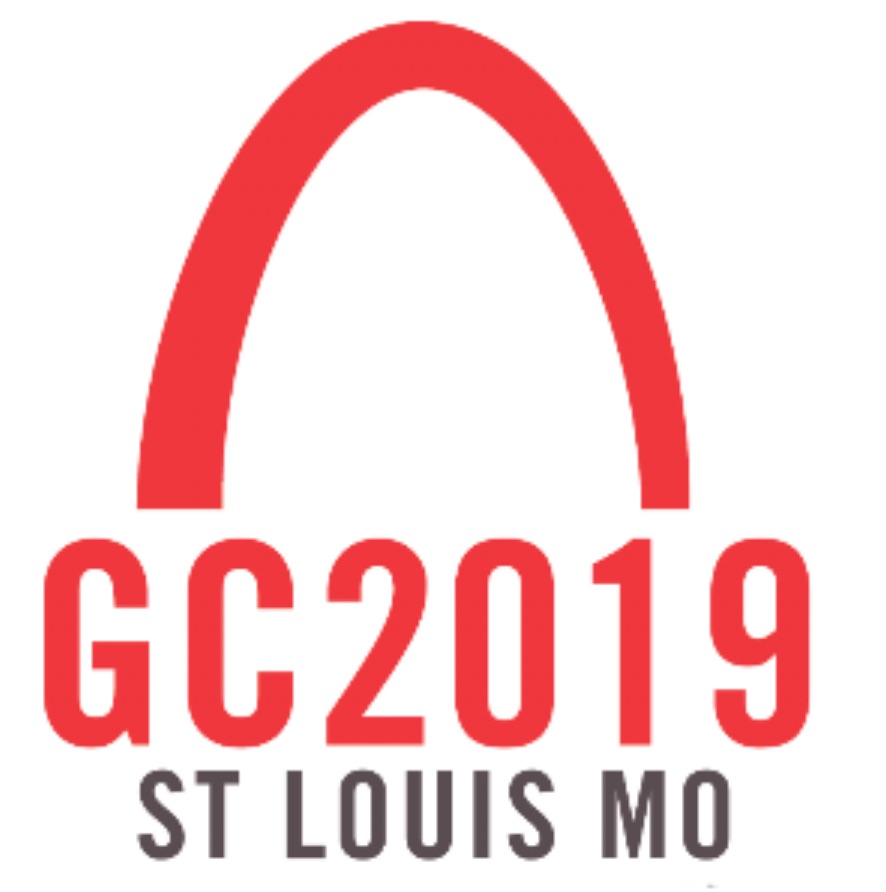Facing the Un-Tied Methodist Church
/Ignorance is not bliss. It’s not good to be unaware of what is happening.
That’s why I’m going to be blitzing you with information over the next few weeks about the General Conference of the United Methodist Church which is meeting in St. Louis from Feb. 23-26.
This could be an historic conference, a moment in which the United Methodist Church (UMC) as we have known it for fifty years will cease to be, or change in significant ways, or descend into further certainty.
The presenting issue is, of course, the church’s official stance on the inclusion of LGBTQ people in the full ministry of the church. According to the UMC’s Book of Discipline, our primary book of law, homosexuality is “incompatible with Christian teaching,” and therefore, same-sex weddings may not be performed by UM clergy nor take place in UM churches. Furthermore, “self-avowed, practicing homosexuals” may not be ordained.
Several years ago, Kessler Park UMC voted to align with the Reconciling Ministries Network and register its complaint with the church’s stance, though we have continued to live under, and abide by, the denomination’s rules.
At the church’s last big global gathering, the 2016 General Conference, attempts to change the language in the Discipline failed (again), and delegates began to talk openly of schism. In a desperate attempt to keep that from happening, delegates pleaded with the bishops to take an active role in leading the denomination forward. The bishops responded by proposing to form a commission with the sole task of exploring and recommending a plan to hold the denomination together in spite of the division.
This plan was adopted, the commission formed, the plan recommended, and now the church will meet to hear it and decide if it is truly the way forward for United Methodists.
Of course, it’s a lot more complicated than that. For one, the commission forwarded three different plans to the bishops. The bishops ultimately chose one called the “One Church Plan,” but included in their report the other two plans. A number of dissenting bishops argued that all three plans ought to be considered by the General Conference, and their argument was upheld by the Judicial Council.
Here is a (too) brief summary of plans being presented to General Conference, including one which didn’t come from the bishops:
One Church Plan: This plan would allow local churches and clergy to decide for themselves whether they will perform same-sex weddings, and would allow annual conferences to decide whether they will ordained LGBTQ people, and would not impose penalties on either.
Connectional Conferences Plan: This plan would create three different large all-encompassing “connectional conferences” in the United States: a traditionalist conference, a moderate conference, and a progressive conference. Each local church and clergy person would decide in which conference they wanted to be included.
Traditionalist Plan/Modified Traditionalist Plan: These plans would maintain the prohibitive language against homosexuality and put severe penalties in place for churches, clergy, and bishops who do not comply. All conferences, bishops and clergy would have to certify their adherence to the Book of Discipline or face expulsion.
Simple Plan: This plan removes all prohibitive language against homosexuality from the Book of Discipline. Simple! But unlikely to pass.
Last Monday night, I gave a more comprehensive summary of the plans, as well as a preview of the upcoming General Conference in my Facebook Live appearance. It’s still available for viewing on the Kessler Park UMC Facebook page.
I will be appearing on Facebook Live each of the next two Monday nights at 9 pm with updates and analysis of the General Conference. You’re invited to join me to hear what’s happening.
Also, I have added a new page on the church website with information about General Conference, including links to groups connected to each plan, and sources of news throughout Conference. I’ve also posted a link to the live stream so you can watch what happens in real time.
We’ll have the live stream broadcast in the Fellowship Hall on Tuesday all day, so you can come and watch with staff and other church members. Together we can watch, pray, and celebrate or mourn the proceedings.
On the Sunday after General Conference, you’re invited to stay after worship for lunch during which I will do an extended presentation on what happened and what it means for Kessler Park UMC. We might even be joined by a delegate who attended the meeting; stay tuned for details!
Finally, I want to sincerely ask that we engage in serious and intentional prayer before and during the conference. That’s why we have decided to have a prayer vigil; the meeting will last for a total of 82 hours across four days. We’re looking for people to sign up to pray for a total of 82 hours during that same time period. You don’t need to pray at the church; you can pray in the privacy of your own home at any time which is most convenient. But we do want to make sure that we have people praying for a total of 82 hours. To sign up for the vigil, click here.
If you don’t know how to pray for an hour, or would like some guidance, Ken Kelley has prepared a guide to prayer which will be available this Sunday at worship, and will be posted to the website this weekend.
This is not a time to panic or become anxious; it’s a time to pray and to wait to see what God will do through the people called United Methodists, and through those of us who are part of Kessler Park UMC.




